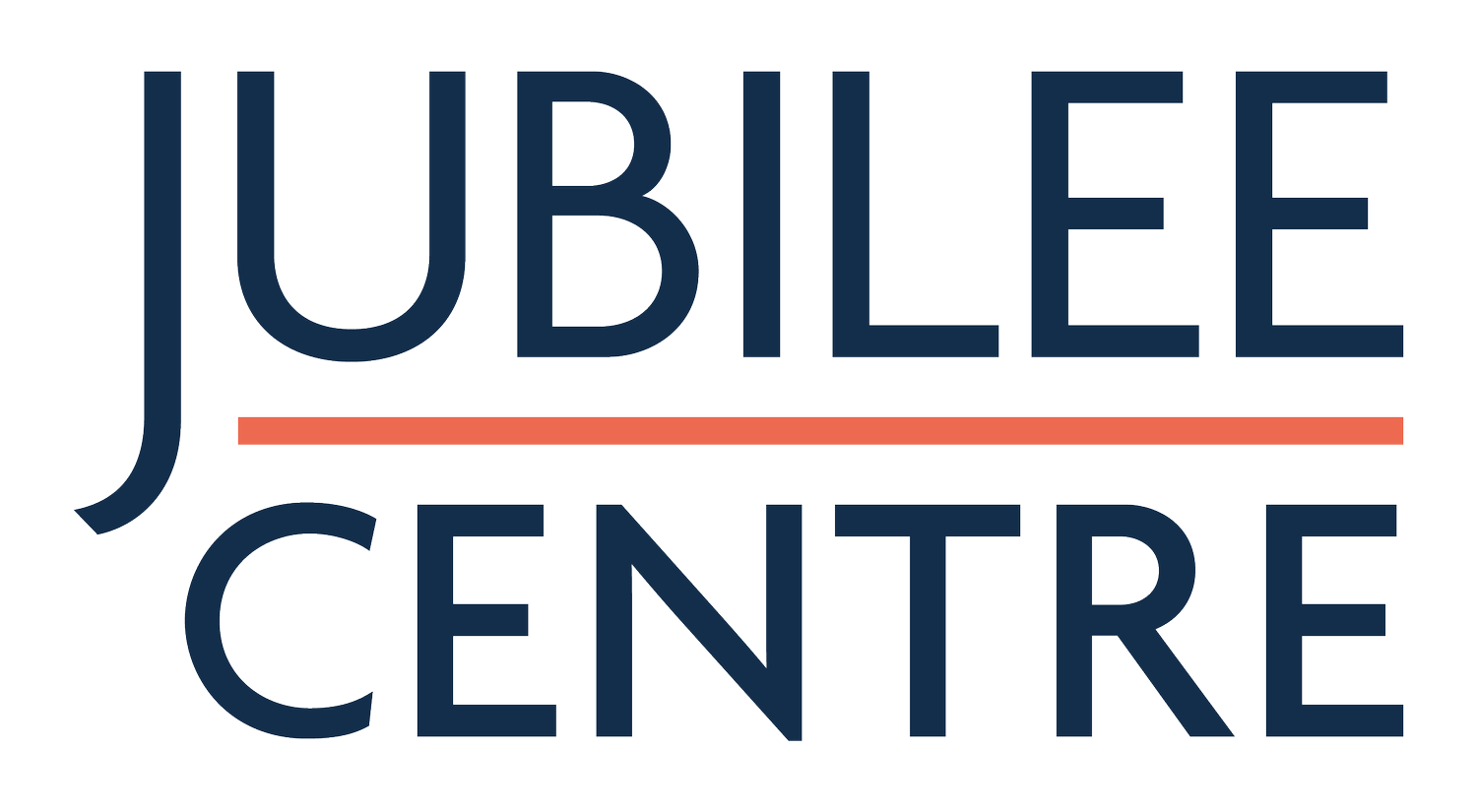A Brief History of the Jubilee Centre
by Michael Schluter, Founder.
The roots of the Jubilee Centre trace back to the time I spent in Kenya in the 1970s. My pastor there, Dr Roy Clements, persuaded me that the place in the Bible where God reveals His will for the organisation of Israel as a largely unbelieving society is not in the Sermon on the Mount, where Jesus sets out Kingdom values for Christians, but in the first five books of the Bible, i.e. in biblical law.
So I spent many months studying biblical law – all 653 laws! – and came to realise that it lays out a coherent pattern for society which is quite different from the individualistic and wealth-seeking pattern of Western societies, and different also from the Socialist and state-centred model adopted by China and other Marxist countries.
When I returned from East Africa to live in Cambridge, I set up a small think-tank, with just one researcher, in the back of my home. It might have never grown much bigger had not Mrs Thatcher, Britain’s Prime Minister at the time, decided in 1985 to deregulate shop trading laws so that all shops could open on Sundays. I sensed an unmistakable call from God (I can explain it in no other way) to organise a campaign to try and stop this proposed legislation in its tracks.
This campaign required increasing the number of those working at the Jubilee Centre, fundraising from retailers and Christians around the country. We held 180 constituency meetings with MPs focused on Conservative constituencies on Valentine’s Day (14 February 1986), and a letter-writing campaign to all MPs. On 14 April 1986, Mrs Thatcher suffered her only Parliamentary defeat on a central piece of her legislative agenda.
The Campaign involved the Jubilee Centre gaining a profile as the Campaign’s research base, especially through setting out the biblical, social, economic and legal arguments in favour of ‘Keeping Sunday Special’ (the name of the Campaign). The Jubilee Centre published a booklet entitled ‘Why Keep Sunday Special’; copies of this booklet are still available.
From 1986 to 1994, when a compromise Bill (allowing large shops to open for 6 hours on a Sunday) became law, the Jubilee Centre’s focus remained on the Sunday question, but a research team was established so that a number of other social issues could be addressed. These included the case against a National Lottery, and the dangers of high levels of consumer debt for families and individuals.
After 1986, the Jubilee Centre also provided the research base for a significant peace initiative in South Africa to help bring to an end the racially based system of segregation known as apartheid. A number of high-level conferences were held in the UK, bringing together leaders from across the racial divide, which contributed significantly to the first free elections in South Africa in 1994. The Jubilee Centre subsequently supported through its research two further peace initiatives - in Rwanda after the genocide (1994-96) and in Sudan to help end the civil war (1999-2004).
In 1993, I co-authored a book with David Lee entitled ‘The R Factor’ which was widely reviewed in the secular press (Economist, Financial Times, Times Literary Supplement, etc). At the same time as this book was launched, the Jubilee Centre established a separate organization, the Relationships Foundation, to promote an alternative to individualism and Socialism which was called ‘Relationism’. This explored how this more biblically-informed relational approach to public life could be implemented in schools, companies, the healthcare system and other areas of government policy (see www.relationshipsfoundation.org and https://the-relationist.net/ websites).
Back in the early 1990s, another organisation developed out of the Jubilee Centre called Cambridge Papers. A paper of around 4000 words on each topic was published quarterly, written by a small group of writers with links to the Jubilee Centre. This continues to this day, more than 120 issues over 30 years.
The Jubilee Centre had to operate remotely during COVID, and since then has continued to do so to reduce overhead costs. It now has a board of four trustees (see www.jubilee-centre.org), and an administrator who coordinates all the activities including blogs, podcasts and the distribution of Cambridge Papers.
The views and opinions expressed above are those of the author alone and do not necessarily reflect those of the Jubilee Centre or its trustees.

